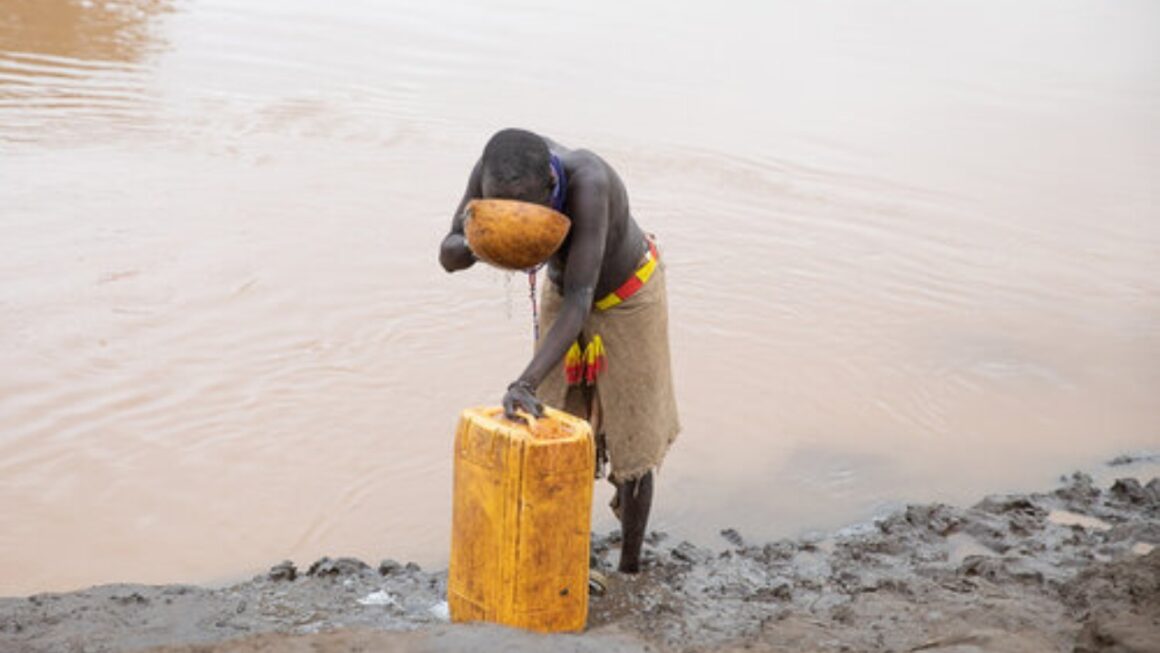As the world celebrates World Water Day, the theme of “Water for Peace” takes center stage, highlighting the crucial role water plays in fostering cooperation and maintaining peace among nations and communities. However, while the global discourse revolves around the significance of water in promoting harmony, there are stark realities, such as the dire situation faced by the people of the Omo Valley, which serve as poignant reminders of the challenges yet to be overcome.
The Omo Valley, nestled in the heart of Ethiopia, is home to several indigenous tribes, each with its unique cultural heritage and way of life. However, amidst the vibrant tapestry of traditions and customs, a pressing issue looms large – the lack of access to clean, drinkable water. For the indigenous communities of the Omo Valley, water scarcity is not merely an inconvenience; it is a daily struggle for survival.
In the Omo Valley, the absence of clean water sources exacerbates existing challenges, perpetuating a cycle of poverty and hardship. Women and children bear the brunt of this burden, often embarking on long, arduous journeys in search of water, only to return with contaminated or insufficient supplies. The consequences are dire, with waterborne diseases rampant and preventable illnesses claiming lives.
On World Water Day, as the world commemorates the importance of water in fostering peace, it is crucial to reflect on the glaring disparities that persist. While the principles of peace and cooperation are espoused on a global scale, the reality on the ground for communities like those in the Omo Valley paints a starkly different picture. The lack of access to clean water not only undermines the health and well-being of individuals but also fuels tensions and conflicts over dwindling resources.
Addressing the water crisis in the Omo Valley requires concerted efforts from various stakeholders – local governments, international organizations, and grassroots initiatives alike. Sustainable solutions must be implemented, encompassing infrastructural development, community empowerment, and environmental conservation. Moreover, the voices of indigenous peoples must be amplified, ensuring that their rights to water and self-determination are respected and upheld.
As we reflect on the theme of “Water for Peace” this World Water Day, let us not forget the plight of communities like those in the Omo Valley. True peace cannot be achieved in a world where basic necessities like clean water remain out of reach for millions. It is incumbent upon us, as global citizens, to work towards a future where water is not just a source of conflict but a catalyst for harmony and prosperity for all.
Discover more from Omo Valley Clean Potable Water Initiatives
Subscribe to get the latest posts sent to your email.

